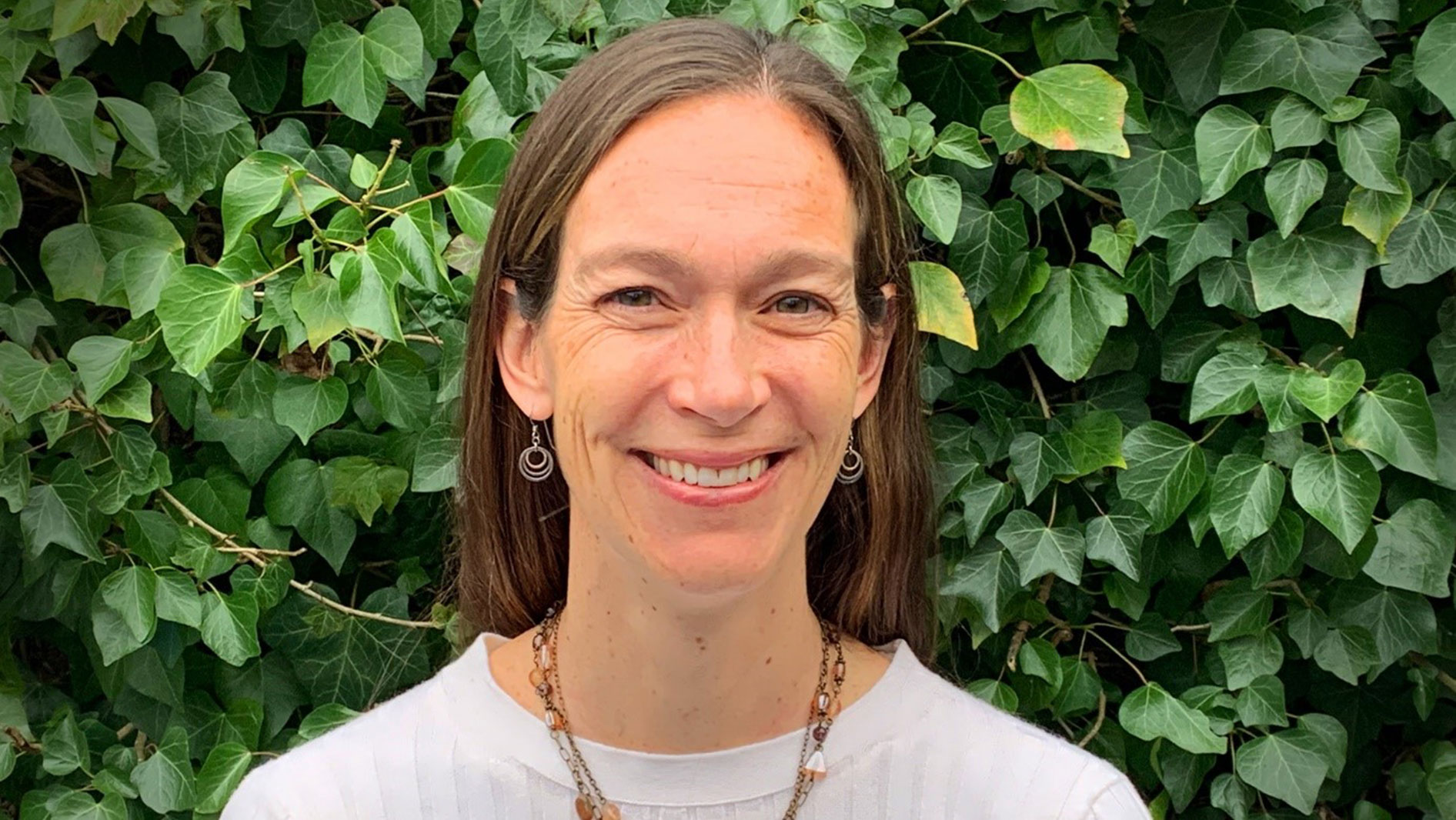Scientific Innovation
Gilead Research Scholar Profile: Jennifer Downs Studies the Link Between HIV and a Common Parasite in Tanzania
Stories@Gilead - March 24, 2021 - 3 min read
When Jennifer Downs arrived in Mwanza, Tanzania, to begin an infectious diseases fellowship, she knew this first visit wouldn’t be her last. She encountered many people, especially young women, affected by infectious diseases at rates not seen in the United States. She wondered why this was – and what she could do to help.
In particular, she was interested in understanding more about schistosomiasis, a common parasitic worm infection also known as “snail fever” that people can get from contaminated water and inadequate sanitation. Although travelers often have a fever and other symptoms, locals, who are regularly reinfected through everyday activities like bathing, washing dishes and doing laundry, rarely show symptoms unless they become severe.
However, the disease seemed to be having unexplained effects on women’s health in the region.

“In our early work studying the parasite, my team was able to show that having this infection increases women’s risk of contracting HIV fourfold,” Jennifer says. “We wanted to know why.”
Jennifer hypothesized that the relationship between HIV and schistosomiasis was more than just a correlation.
A mentor pointed Jennifer to previous studies that suggested the parasite could cause damage to a woman’s reproductive tract. She suspected that this damage affects a woman’s body by weakening its defense during viral exposure, causing women to have a greater risk of acquiring HIV.
“We wanted to research this hypothesis,” she says. “And importantly, for public health and prevention, if the hypothesis rings true, could these changes be reversible to reduce the risk of acquiring HIV?”
To build on her work and enable a long-term study, Jennifer and her team applied for a grant through Gilead’s Research Scholars Program, which supports researchers early in their careers who are focused on unmet medical needs in areas that Gilead is also working to address. Now in its 13th year, the program has awarded grants to more than 200 promising researchers around the world.
In addition to getting support from the program, Jennifer says a key to setting up a successful study that required engagement with women in the area was the trust she and her team had worked to build over time with the region’s medical teams and communities.
“I couldn’t do my work without my amazing Tanzanian partners,” she says. “They are so skilled at building trust with these communities and explaining why this work is important. Over time, women started bringing their sisters and neighbors and friends to join our study.”

Now, more than a decade after Jennifer began her research, her team is revealing ways in which two species of schistosomes impact women’s bodies differently, both heightening the risk of acquiring HIV.
These findings have surfaced further research opportunities to study whether treating schistosomiasis can reduce women’s risk of acquiring HIV. Depending on the outcomes, that research may have the potential to help address a significant public health challenge in the region through an entirely new approach.
“We are learning how to better treat and prevent this infection, and we are exploring how that in turn could reduce HIV risk in women,” says Jennifer. “It’s an incredible opportunity to transform public health and improve people’s lives.”



